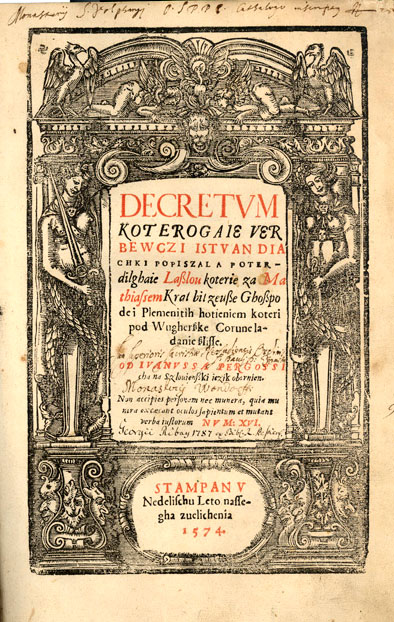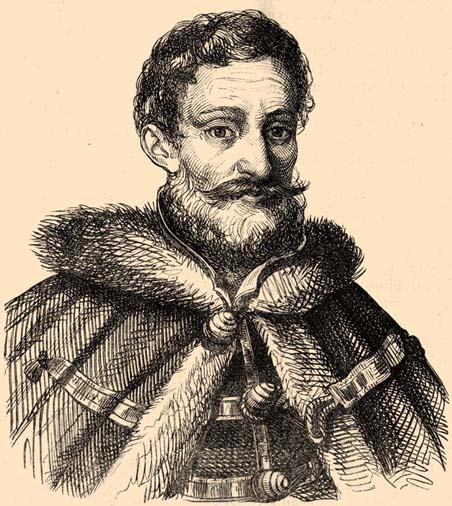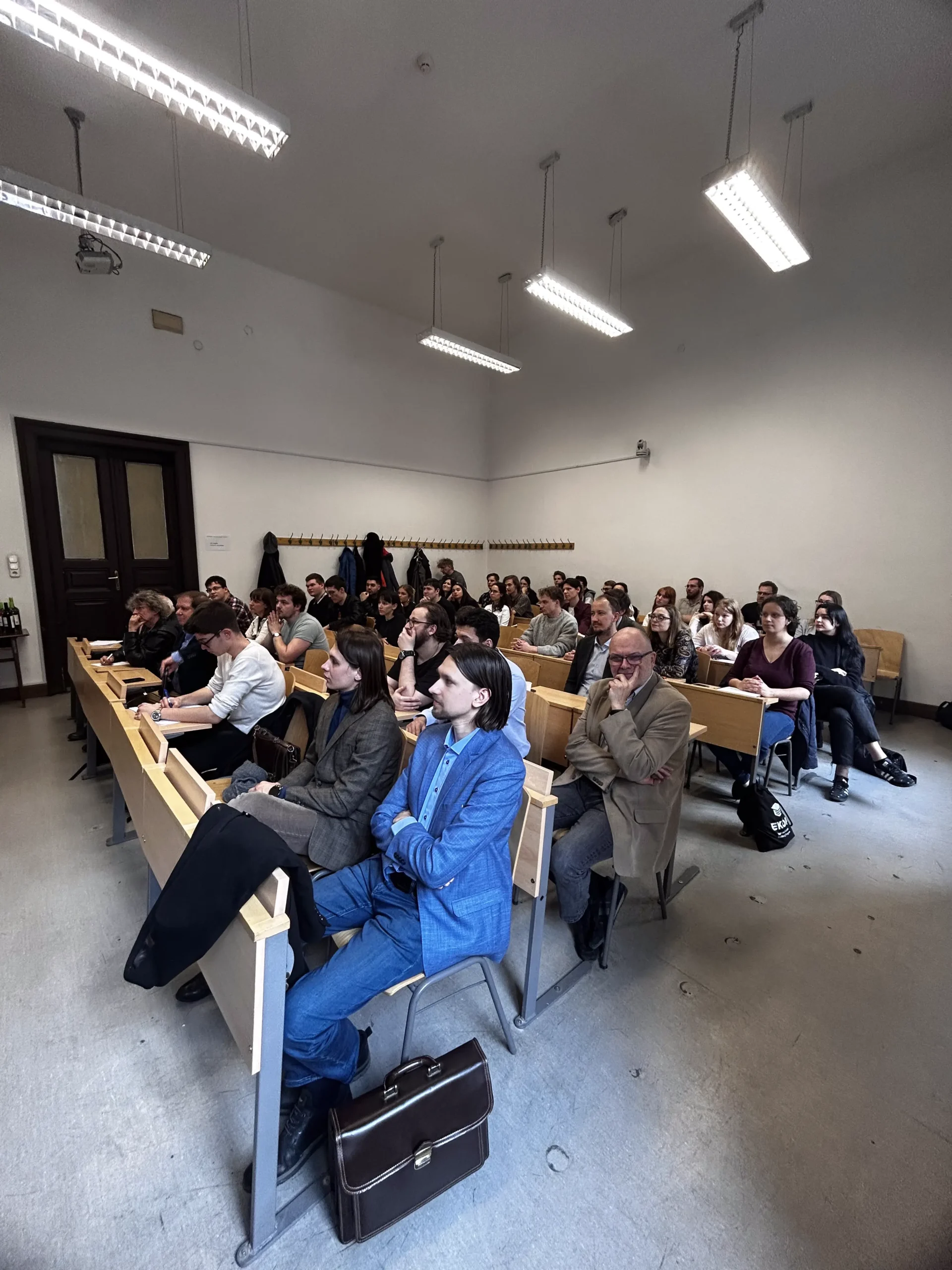István Werbőczy, Tripartitum and the Rákos Decision – The Field of Rákos
Fact of the Hungarian figure „Home of the Jagellos and the Habsburgs”
Part of the „Legacy of the Jagiellonians and Habsburgs dynasties” topic
The Field of Rákos holds a significant place in Hungarian history, especially due to the role of István Werbőczy and his influential work, the Tripartitum. Written in 1514, this legal codex became a cornerstone of Hungarian customary law for centuries. Werbőczy was a prominent jurist and statesman, and his Tripartitum, also known as the Opus Tripartitum, meticulously outlined the legal rights and responsibilities of the Hungarian nobility, while also establishing a legal framework that excluded the lower classes from certain privileges. It was at the Field of Rákos where Hungarian nobles traditionally gathered to discuss and make crucial decisions regarding the kingdom’s governance. These assemblies reinforced the legal concepts enshrined in the Tripartitum, cementing the power of the nobility and establishing a political culture that valued collective noble autonomy over centralized royal power.
The Rákos Decision, made in this field, reinforced the idea of Hungarian independence and the noble class’s commitment to resist foreign influence—a theme that would persist during the Habsburg dynasty’s rule. While the Habsburgs ultimately integrated Hungary into their empire, the spirit of resistance and autonomy rooted in Werbőczy’s writings continued to influence Hungarian political identity. The legacy of the Tripartitum also extended to other regions within Central Europe, highlighting the region’s complex relationship with the nobility and the struggles for maintaining national independence under larger empires.






